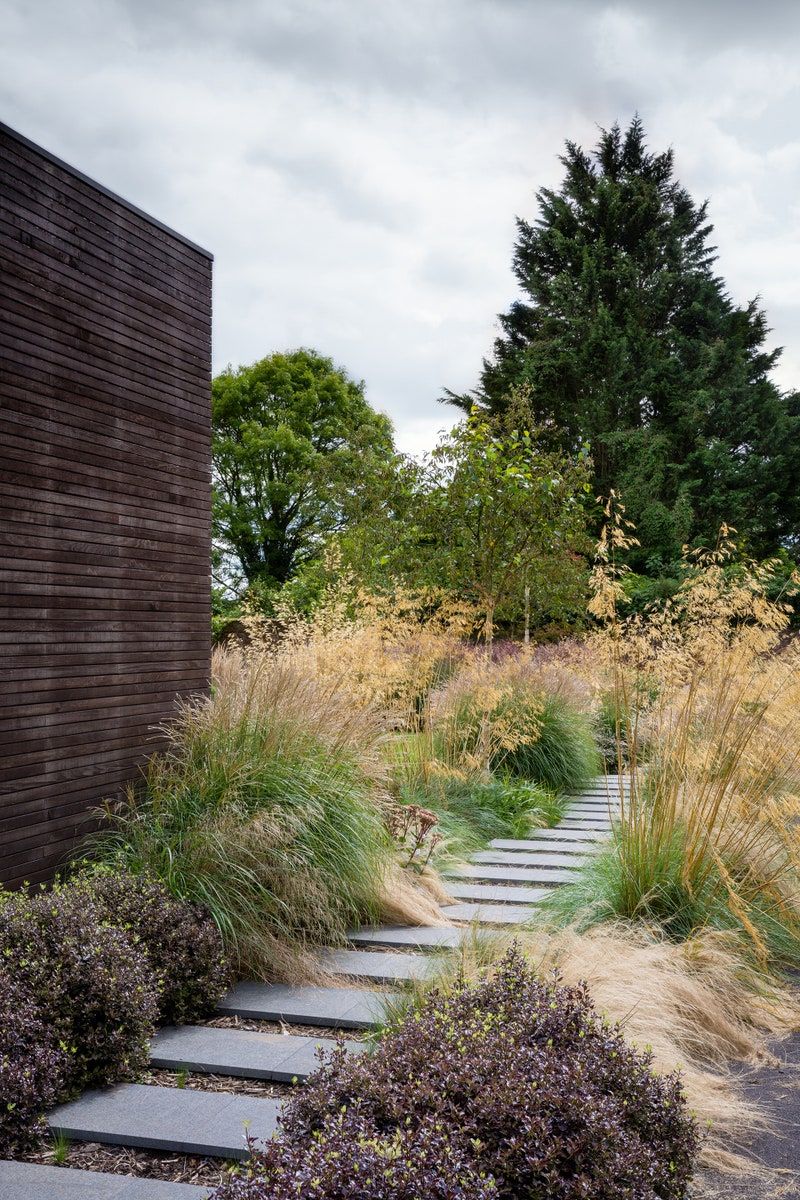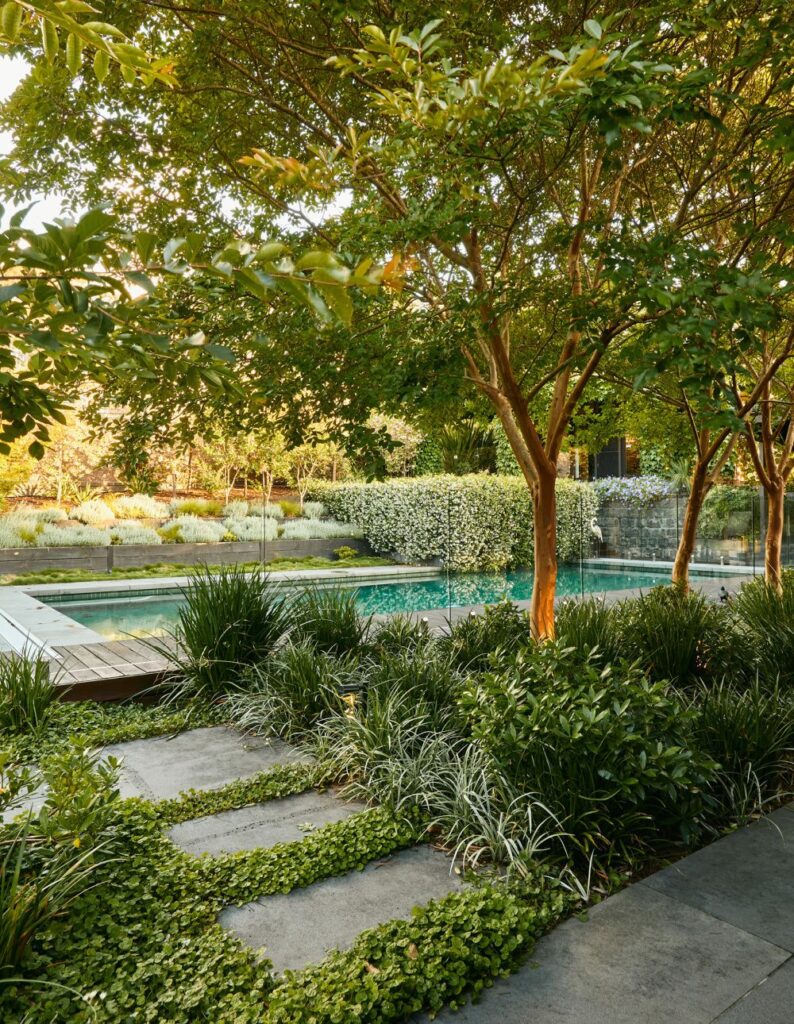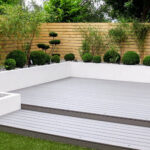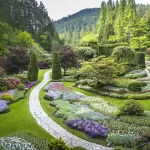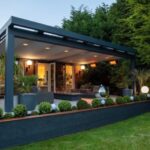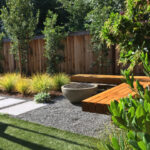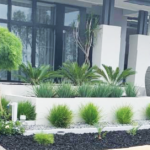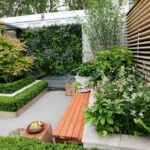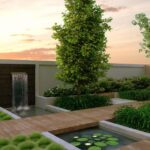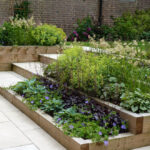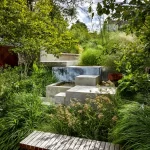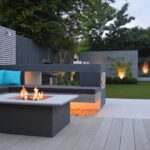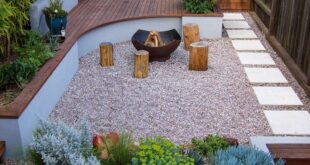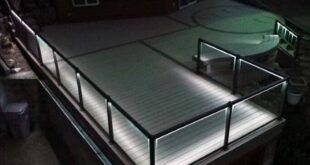Modern gardens have evolved significantly over the past few decades, reflecting the changing tastes and lifestyles of society. One prominent characteristic of modern gardens is the emphasis on minimalism and simplicity. Clean lines, geometric shapes, and a limited color palette are often key features of modern garden design. This aesthetic is inspired by contemporary architecture and interior design trends, creating a seamless transition between indoor and outdoor spaces.
Another defining feature of modern gardens is the integration of sustainable and eco-friendly practices. Many modern gardeners are turning to native plants and xeriscaping techniques to create low-maintenance and water-efficient landscapes. This not only reduces the environmental impact of gardening but also helps to create a more natural and harmonious environment. In addition, features such as rain gardens, permeable paving, and compost bins are becoming increasingly popular in modern garden designs.
Technology also plays a significant role in modern gardens, with the increasing availability of smart irrigation systems, LED lighting, and automated tools making it easier than ever to maintain a lush and thriving garden. These technological advancements not only save time and effort for the gardener but also help to create a more sustainable and efficient outdoor space. In addition, the use of virtual reality and 3D modeling software allows gardeners to visualize and plan their designs with greater precision and accuracy.
Modern gardens also prioritize functionality and usability, with an emphasis on creating outdoor spaces that are well-suited for relaxation, entertainment, and recreation. This often includes features such as outdoor kitchens, fire pits, seating areas, and water features that enhance the usability and enjoyment of the garden. By carefully considering the needs and preferences of the homeowner, modern gardens are able to create a cohesive and inviting outdoor living space that seamlessly complements the rest of the home.
In terms of aesthetics, modern gardens often incorporate elements of contrast and texture to create visual interest and depth. This can be achieved through the use of different materials such as wood, stone, metal, and glass, as well as through the strategic placement of plants and landscaping features. By carefully balancing these elements, modern gardens are able to create a dynamic and engaging outdoor environment that is both visually striking and functional.
Overall, modern gardens are a reflection of the way in which contemporary society values efficiency, sustainability, and aesthetics in outdoor design. By embracing minimalism, sustainability, technology, and functionality, modern gardens are able to create beautiful and harmonious outdoor spaces that enhance the quality of life for homeowners while also benefiting the environment. As the trend towards modern garden design continues to grow, it is clear that these outdoor spaces will continue to evolve and adapt to meet the changing needs and preferences of homeowners in the future.
 yishifashion Where Outdoor Dreams Become Reality
yishifashion Where Outdoor Dreams Become Reality
